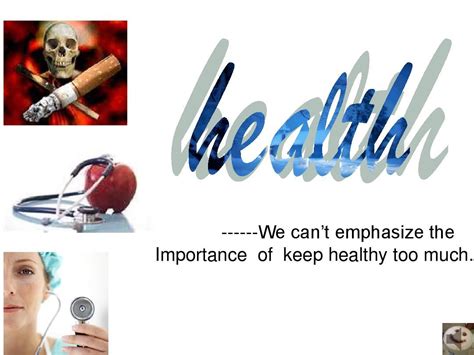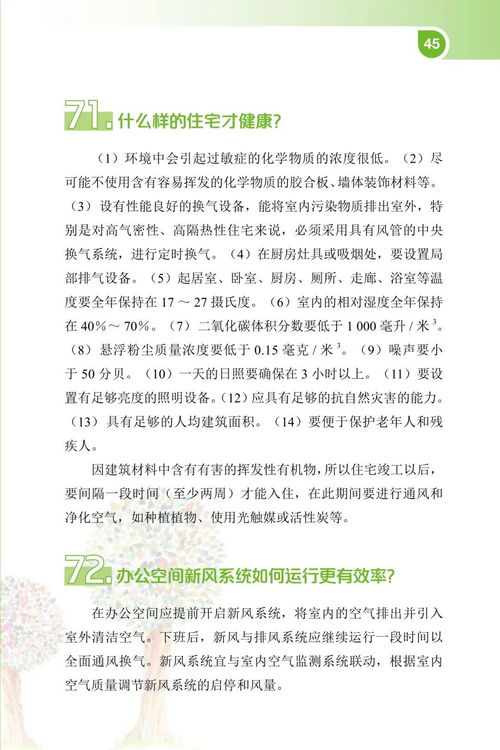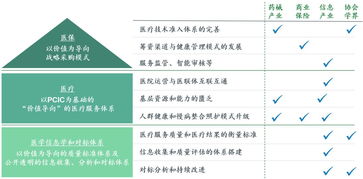英语关于健康的对话
Title: Effective Health Conversations: A Guide to Meaningful Dialogues
Introduction
In today's multicultural and interconnected world, effective communication in English about health is essential. Whether you're a healthcare professional, a patient, or simply someone interested in maintaining wellness, mastering healthrelated English dialogues can greatly enhance your ability to navigate various healthcare situations. This guide aims to provide insights and strategies for engaging in meaningful health conversations in English.
Understanding Common Health Vocabulary
Before delving into specific dialogues, it's crucial to grasp common healthrelated vocabulary. Familiarize yourself with terms such as "symptoms," "diagnosis," "treatment options," "medication," "side effects," "prevention," and "wellness." Additionally, learn anatomical terms relevant to the body parts and systems often discussed in healthcare settings.
Dialogue 1: DoctorPatient Consultation
*Scenario*: A patient visits a doctor with symptoms of a persistent cough.
Doctor
: Good morning! What seems to be the trouble today?Patient
: Good morning, doctor. I've had this cough for about two weeks now, and it doesn't seem to be getting better.Doctor
: I see. Have you experienced any other symptoms, such as fever or shortness of breath?Patient
: No, it's mainly just the cough, but it's been quite persistent.Doctor
: Alright, I'd like to listen to your lungs. Could you please take a deep breath for me?Key Strategies
:1.
Active Listening
: The doctor shows attentiveness by listening actively to the patient's concerns.2.
Openended Questions
: By asking openended questions, the doctor encourages the patient to provide detailed information about their symptoms.3.
Empathy
: Expressing empathy helps build rapport and reassures the patient that their concerns are being taken seriously.4.
Clinical Assessment
: The doctor conducts a physical examination to gather additional information for diagnosis.Dialogue 2: Pharmacy Interaction
*Scenario*: A patient picks up a prescription at the pharmacy.
Pharmacist
: Good afternoon! How can I assist you today?Patient
: Hi there. I'm here to pick up a prescription for hypertension medication.Pharmacist
: Sure, could you please confirm your full name and date of birth?Patient
: Sure, it's John Smith, and my date of birth is January 10, 1980.Pharmacist
: Thank you. Here's your medication. Have you been taking this medication before, or is it your first time?Patient
: I've been taking it for a few months now. I haven't had any issues with it so far.Pharmacist
: That's great to hear. Just a reminder to take it as prescribed, and let me know if you have any questions.Key Strategies
:1.
Verification
: The pharmacist verifies the patient's identity to ensure accurate dispensing of medication.2.
Patient Education
: The pharmacist offers brief advice on medication adherence and encourages the patient to seek clarification if needed.
3.
Professionalism
: Both parties maintain a courteous and professional demeanor throughout the interaction.Dialogue 3: Health Promotion Discussion
*Scenario*: Two friends discuss strategies for maintaining a healthy lifestyle.
Friend 1
: Hey, I noticed you've been hitting the gym regularly. How's your fitness routine going?Friend 2
: It's been great! I try to work out at least three times a week, focusing on a combination of cardio and strength training.Friend 1
: That's impressive. I've been meaning to start exercising more regularly myself. Any tips for staying motivated?Friend 2
: Setting specific goals and finding activities you enjoy are key. Also, having a workout buddy can make a big difference in staying accountable.Friend 1
: Thanks for the advice. I'll definitely keep that in mind.Key Strategies
:1.
Peer Support
: Friends provide encouragement and share personal experiences to inspire each other.2.
Goal Setting
: Encouraging specific, achievable goals helps promote sustained behavior change.3.
Tailored Advice
: Recommendations are tailored to the individual's preferences and circumstances.Conclusion
Effective health conversations in English involve active listening, clear communication, and mutual respect. Whether in a clinical setting, at the pharmacy, or among friends, mastering healthrelated dialogues empowers individuals to make informed decisions about their wellbeing. By understanding common vocabulary and employing key strategies, anyone can engage confidently in discussions about health in English. Remember, communication is not just about exchanging information; it's about understanding and empathy.










